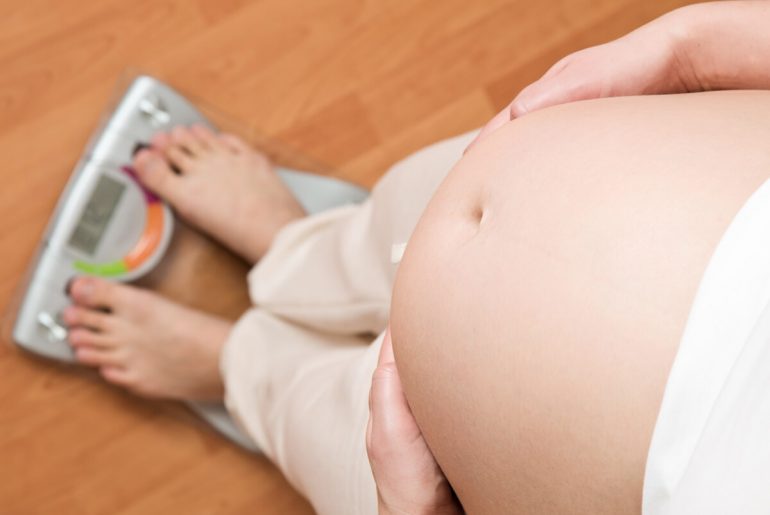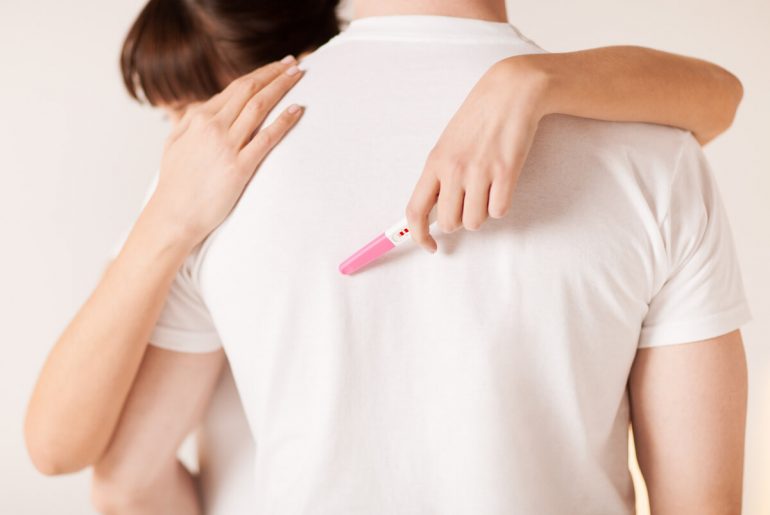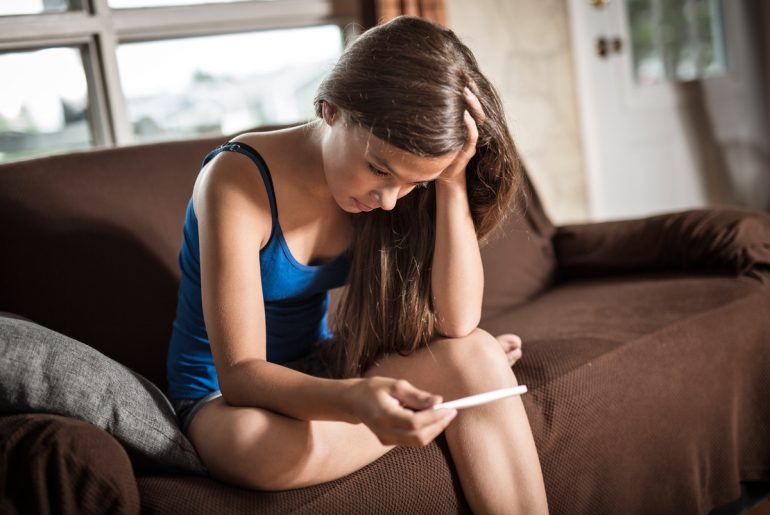You’ve been having trouble sleeping lately. Maybe even been experiencing some episodes of hot flushes. Your thinking hasn’t been clear and your clothes don’t seem to fit you so well. These changes are occurring too frequently and you wonder, “ Am I in menopause already?”
Maybe not, but you are approaching the menopause. Menopause does not occur overnight. It is a change that occurs over a period of one to two years from your last period.
What is menopause?
Menopause marks the end of a woman’s menstrual cycle and fertility. The ovaries no longer produce the female hormones —estrogen and progesterone. Your periods stop permanently. Menopause usually occurs between the ages of 45-55 years, but in some women it may also happen earlier. This is called premature menopause.
What causes menopause?
Menopause is a process of ageing when it occurs after 40 years of age. Some women might experience menopause early because of surgery, chemotherapy, ovarian failure, uterine cancer, endometriosis or autoimmune disorders that produce stoppage of hormone production from ovaries.
Menopause symptoms
Most women nearing menopause may start experiencing hot flushes with excessive sweating. Common symptoms like insomnia, fatigue, depression, headaches, changes in sex drive, dryness in vagina, mood swings and bladder control problems might be experienced.
Health problems related to menopause
As estrogen levels fall, many health problems arise post menopause. Osteoporosis, increased risk of heart problems, loss of skin elasticity, increased risks of Alzheimer’s disease, problems in vision like macular degeneration,cataracts may occur.
Treatment for menopause
Lifestyle changes:

Menopause is the ideal time period to adopt a healthier lifestyle to boost your body and mind. A good regimen will reinforce positive changes in your life. Here are some areas that need your attention.
Cooldown Hot flushes

Maintain a ‘Menopause journal’ to keep tab on what triggers your hot flushes — alcohol ? caffeine? Stress? When you’re experiencing an episode, take in deep breaths from your nose and exhale through your mouth.
Ease Night Sweats

Sometimes, night sweats can go on for more than 3 minutes, leaving you drenched. If you’re regularly experiencing them, wear thin light clothing to sleep. Place a bag of ice or frozen peas under a pillow. Use a bedside fan and choose light blankets instead of a quilt.
Improve Sleep

To improve sleep, do meditation like yoga, or exercises like tai chi or read a book. Do some exercise, at least 3 -4 hours before bedtime. Spare the alcohol and coffee and sip some warm milk instead. If still in trouble, visit your sleep doctor.
Hormonal Creams

Menopause can make the vagina dry and thin which can make sexual intercourse painful. Luckily, vaginal creams containing estrogen can be easily bought to solve this problem. The more sex you have, the better your vaginal health gets.
Rekindle the desire

Low sex drive is a common complaint experienced by women post menopause. Try and renew your sexual drive by introducing new techniques like massage, erotica and other acts of sexual intercourse.
Amp the mood

Just like PMS, the mood swings, crankiness, irritability are all amped up when you approach menopause. Try some yoga postures, tai chi, listen to some soothing music, go to a spa for an organic massage and aromatherapy to improve your mood.
Get off those headaches

Migraines and headaches usually worsen during the time of menopause. Maintain a journal of every episode and trigger factor for better assessment. Try and eat small meals every 2 hours if your headache is triggered by hunger. Refrain from going out in the sun if that leads to a migraine attack.
Protect your hair

During menopause, your hair can get thinner and shed faster. Avoid harsh sunlight by wearing a hat or a cap. Avoid using any harmful chemicals for your hair and scalp, opt for herbal or organic ones instead.
Hormonal Replacement Therapy

Your doctor may prescribe hormone replacement therapy if the symptoms are too severe and your uterus is still intact. The treatment consists of a combination of estrogen and progesterone or estrogen alone pills. The pills replenish the lost hormones and help reduce menopause symptoms like hot flushes, night sweats, osteoporosis etc. Do not opt for this treatment if you have uterine or breast cancer, blood clots, stroke or vaginal bleeding.





